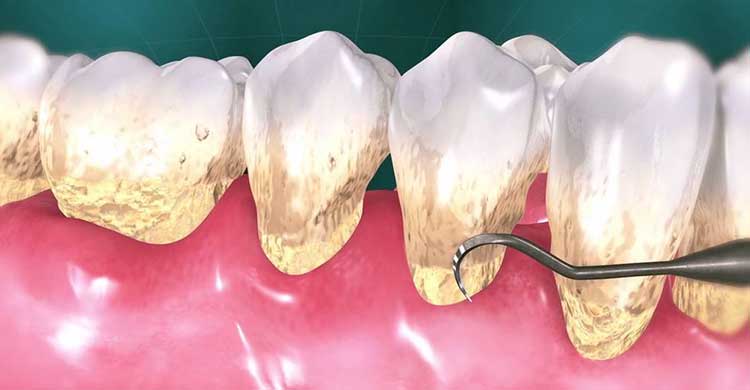
scaling
Dental scaling is routinely performed to help patients with gum disease and excessive plaque buildup. While a standard cleaning will address the surface of the tooth, scaling goes much deeper. If your dentist suggests dental scaling and root planing for your teeth, it’s helpful to know what this means so you can prepare for what’s ahead.
Understanding Scaling
Scaling is a common dental procedure for patients with gum disease. This is a type of dental cleaning that reaches below the gumline to remove plaque buildup. The process of scaling and root planing the teeth is often referred to as a deep cleaning. This treatment goes beyond the general cleaning that you receive with your regular checkup and annual visit.
When Is Dental Scaling Necessary?
Everyone experiences some form of plaque buildup. The saliva, bacteria, and proteins in your mouth form a thin layer that covers your teeth at almost all times. When you eat, tiny particles, acids, and sugars from the food stick to this film, creating a buildup on the teeth known as plaque. The bacteria that lives in this plaque can cause gum disease and tooth decay. Brushing, flossing, and regular dental cleanings will help remove the plaque and prevent more serious problems.
If you have healthy gums, the tissue will fit tightly around the tooth and keep plaque out. However, if gum disease begins to form, this tissue will loosen. Healthy gums attach to the tooth just 1 to 3 millimeters below the gumline. With gum disease, you’ll begin to develop deeper pockets. These can fill with plaque, worsening your problems and causing symptoms like bad breath.
If you have pockets of 4 millimeters or more, your dentist will probably recommend dental scaling to remove the plaque beneath the gumline and help treat the gum disease.




